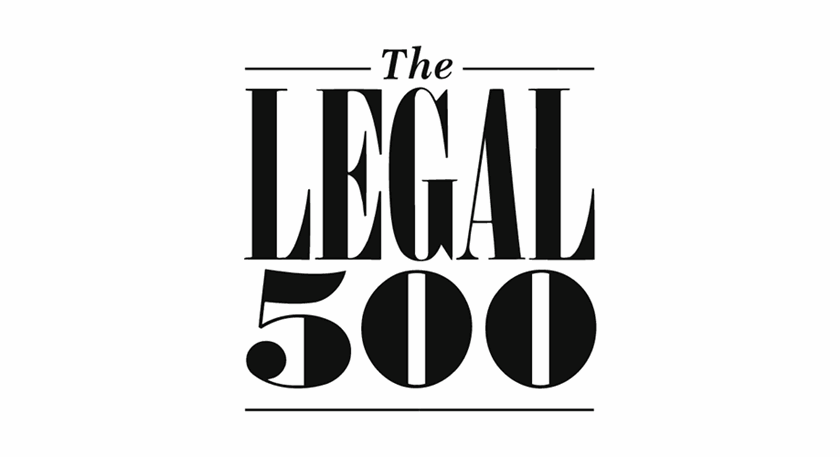Charity Governance Code
News

The Governance Code steering group has now published the final version of the updated Code. Or, rather, it has published two versions: one for "larger" charities (defined as having an annual income of over £1m and required to have its accounts audited), and one for smaller charities. In both, the seven governance principles are the same:
1. Organisational purpose: "The board is clear about the charity's aims and ensures that these are being delivered effectively and sustainably";
2. Leadership: "Every charity is led by an effective board that provides strategic leadership in line with the charity's aims and values";
3. Integrity: "The board acts with integrity, adopting values and creating a culture which help achieve the organisation's charitable purposes. The board is aware of the importance of the public's confidence and trust in charities, and trustees undertake their duties accordingly";
4. Decision-making, risk and control: "The board makes sure that its decision-making processes are informed, rigorous and timely and that effective delegation, control and risk assessment and management systems are set up and monitored";
5. Board effectiveness: "The board works as an effective team, using the appropriate balance of skills, experience, backgrounds and knowledge to make informed decisions";
6. Diversity: "The board's approach to diversity supports its effectiveness, leadership and decision-making";
7. Openness and accountability: "The board leads the organisation in being transparent and accountable. The charity is open in its work, unless there is good reason for it not to be".
Both versions open with some introductory sections, which point out that, whilst the steering group recommends an "apply or explain" approach, the Code is "deliberately aspirational: some elements of the Code will be a stretch for many charities to achieve. This is intentional: we want the code to be a tool for continuous improvement towards the highest standards". The Code doesn't cover legal compliance: it assumes that trustees are already meeting their legal and regulatory responsibilities.
The sections on each principle are divided into the following sub-headings:
• Principle;
• Rationale;
• Key outcomes;
• Recommended practice.
The differences between the two versions of the Code are all in the "Recommended practice" sections. On the whole, the differences are what you might expect: the "larger charities" version assumes that charities will have staff, with a CEO acting as a gateway between the board and other employees, and that they will be more structurally complex. For instance, the larger charities version discusses audit committees and nominations committees. Larger charities are also invited to do more in terms of measuring outcomes and reporting on matters such as how they have tried to ensure diversity on the board, and how they set remuneration for senior staff.
Although the Code is not legally binding, it has been endorsed by the Charity Commission and the Fundraising Code of Practice now requires trustees to have regard to it in overseeing their charity's fundraising. For these reasons, and for the sake of ensuring their charities are well-run, trustees would be well-advised to familiarise themselves with the Code and bring their practices into line with it.
You can find both versions of the Code here.
If you require further information on anything covered in this briefing please contact or Rachel Holmes at the firm on 020 3375 7000.
This publication is a general summary of the law. It should not replace legal advice tailored to your specific circumstances.
© Farrer & Co LLP, October 2017







